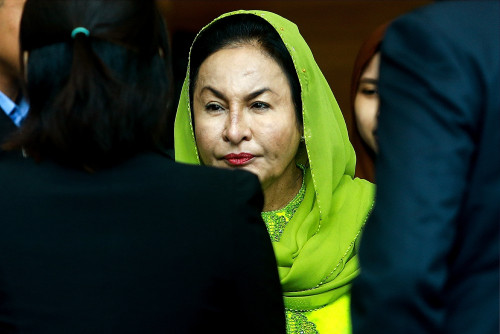KUALA LUMPUR – Malaysia must create a favourable tax environment to attract global tech investors, said former United Kingdom government culture and digital minister Lord Ed Vaizey.
Vaizey, who attended the Malaysia Digital Week (MDW) 2022 representing UK foreign investments, said that he sees Malaysia and the rest of Asean as ambitious nations, adding that their respective tax structures will set them apart.
MDW is an initiative by Malaysia Digital Economy Corporation (MDEC) to attract foreign investments into the nation through exports of tech intellectual property from the digital creative content sector.
“I think it’s important to have the right tax environment if you’re a global company. You, by definition, can place yourself anywhere if you’re a global company that’s expanding out of the United States or Europe,” Vaizey told The Vibes.
“If you want to expand to Southeast Asia, you need to look at the tax structure of every country in the region and say which is the best country to base ourselves in to minimise our tax liabilities. That’s just the way that the world works,” he added.
Feed Malaysians the right skills
Vaizey, who was also UK’s longest-serving technology, communications and culture minister, said that another pulling factor for global investors is equipping the nation with the right skills.
“The agenda is skills: what are we teaching our kids in schools, at universities…are they leaving with the right skills that global companies need?
“As for immigration, how is it for these companies when it comes to moving their people to work for them in Malaysia? Does the Malaysian government make it as easy to come here and work?
Have you got the infrastructure, the broadband, the 5G these companies need to move their data around? All these are part of the agenda that you need to focus on,” he said.
Vaizey lauded Malaysia’s geographical and geopolitical advantages as key factors in the country’s potential to serve as the Asean digital centre.
“I think Malaysia is doing well. It has a thriving digital economy…and it’s not about the UK teaching anything to Malaysia, but (about) the UK and Malaysia exchanging views and experiences, and learning from each other.
“But I think the other thing that Malaysia has is real ambition, a real focus on the digital economy, real ambition to be the Asean hub for the digital economy. I think that makes it very exciting. One of the things that makes a country a good place to invest is competition.”
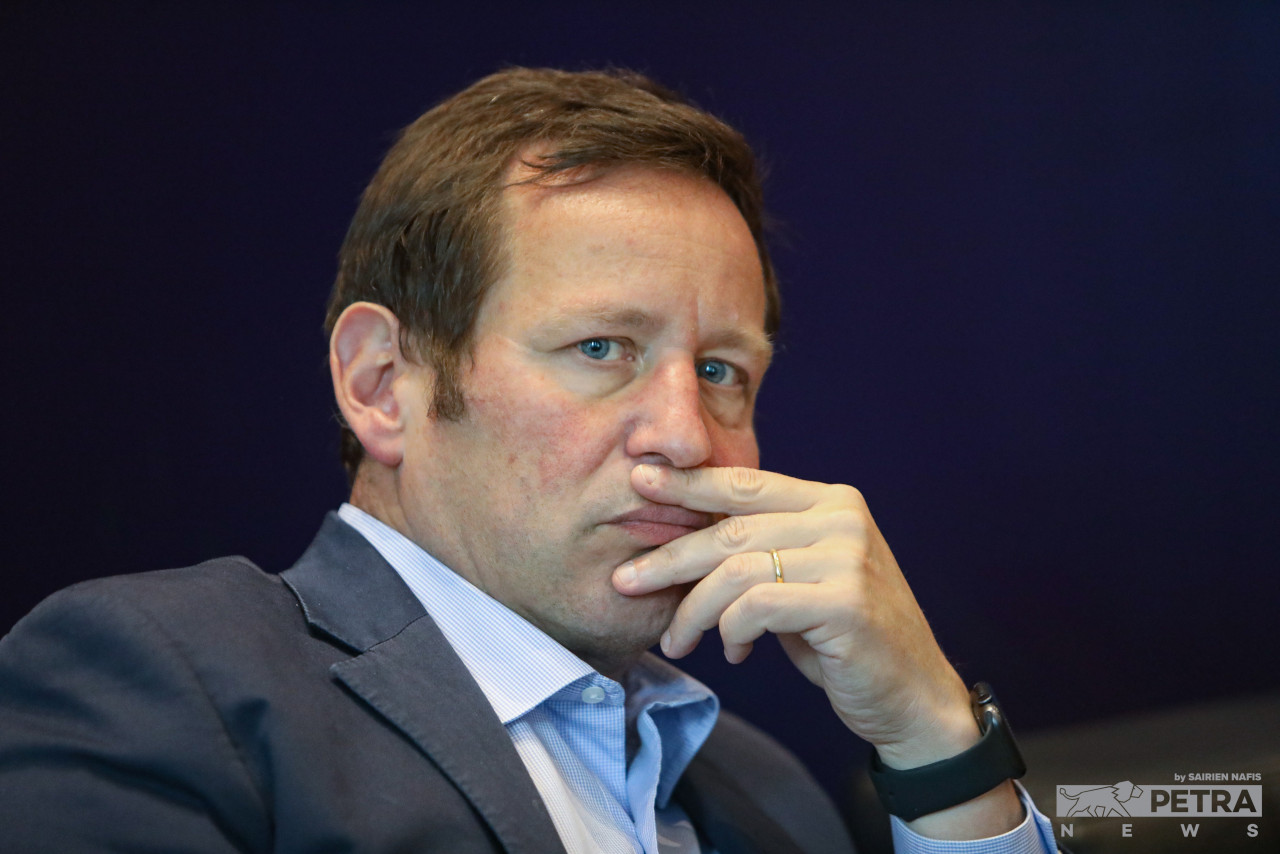
Compete to attract investment
On that note, Vaizey said that in the UK, they are always looking over their shoulder at France or Germany.
Hence, it is important for Malaysia to be aware of what Singapore or Indonesia is doing.
While it is good that these countries cooperate with one another, it is also a positive thing for them to compete to attract investment.
Despite the country’s vibrancy in the digital economy, Penang and Kuala Lumpur remain the fifth and sixth most innovative cities in Southeast Asia respectively after Singapore, Ho Chi Minh City, Vietnam, Jakarta, Indonesia, and Bangkok, according to Tom Chambers, innovation consultant at Collective Campus.
The question is, what is setting Malaysia back from being the “to go” tech destination in the region?
“I think Malaysia is not a well-known tech destination…I think a bit of public relations is important.
If you think of Southeast Asia from the European perspective, we always talk about Singapore due to some reason over the past 30 years, as it has established itself as a tax utopia.
“I think one must think of innovative policies that can be broadcast around the world so that people start to think about Malaysia.
“You think about a country like Vietnam, which more and more people are talking about, as China has been in lockdown, and people are talking about (things like), ‘Do I move my tech manufacturing to a country like Vietnam?’
“Yet they’re not saying, ‘Should we move it to Malaysia?’ So I think you need to raise your profile as your initiative to attract more tech investment.”

Agrotech: solution for food security?
Vaizey was also asked to comment on what approach Malaysia should take to uplift the agrotech sector, which is crucial in ensuring the country’s food security, which is taking a beating due to spiralling global inflation and the war in Ukraine.
“Agriculture is a very exciting tech sector. We can use tech to monitor your crops and gather data on what works and what doesn’t work in terms of farming and monitor your livestock. So farmers themselves should be adopting technology as much as possible.
“You can use satellites to keep an eye on ecosystems as well…and of course, in terms of logistics, technology is very important.
People are obviously very concerned about the origin of their food, tracking food – so there’s technology there, and there are multiple ways in which technology can help agriculture.
“There is also that whole industry of the future, which is kind of (like) growing meat in laboratories or having meat-like substances that are not actually meat. It’s all very exciting.
“The only setback in the agrotech sector is we don’t have enough farmers who are politicians or farmers who are technologists.
“Hence, not enough prominence in terms of its incredible importance to our economies,” Vaizey added.
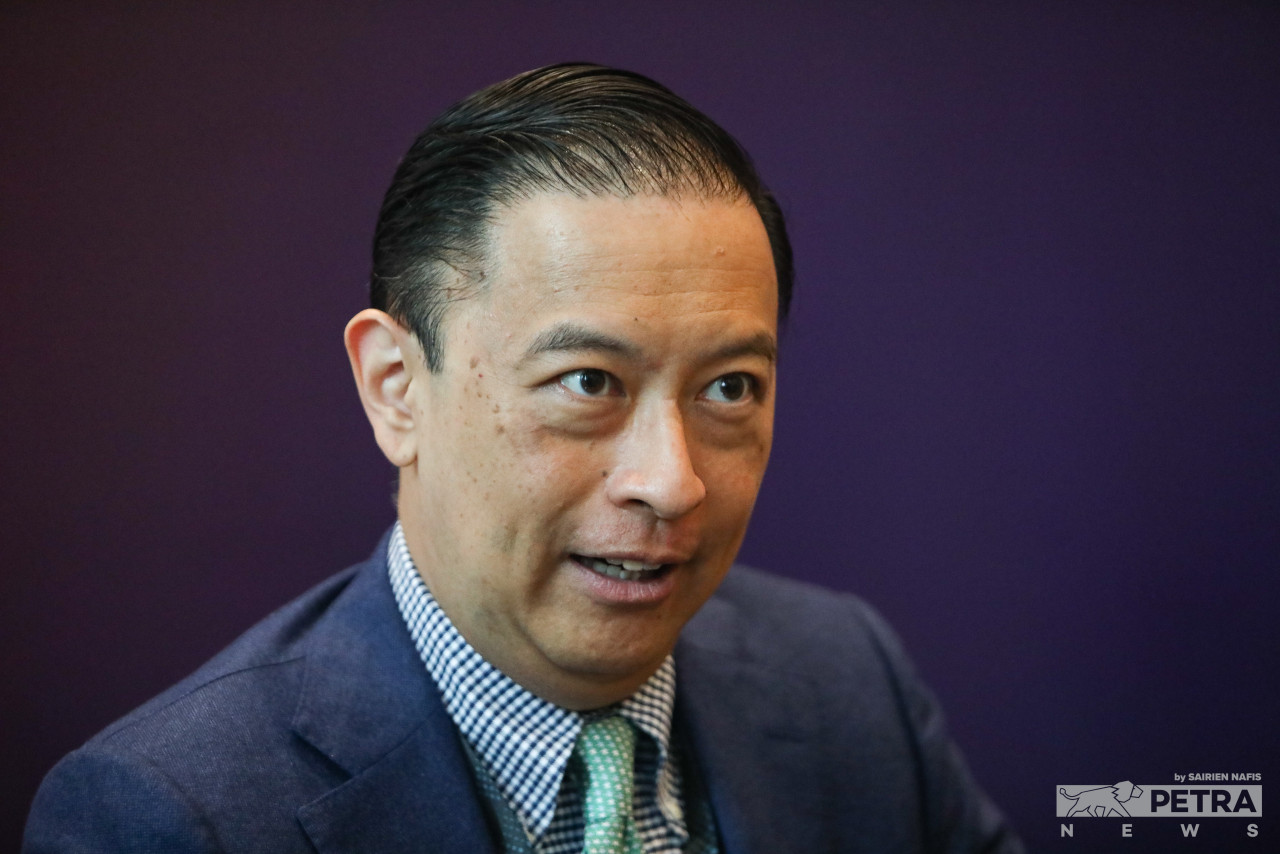
Where is Malaysia compared to Singapore?
Another speaker at MDW, former Indonesian trade minister and Consilience director Thomas Trikasih Lembong, said that despite Indonesia and Singapore's technological advancements, Malaysia also has unique offerings that could complement what both countries have to offer.
“Malaysia’s unique offerings make them occupy an important middle ground between Singapore and Indonesia. Aside from being more cost competitive than Singapore, Malaysia is also at a more advanced level of economic development,” said Lembong.
He added that in comparison to Singapore, Malaysia has less speculative capital and a more concrete foreign direct investment.
“When it comes to what Malaysia can do to be the next digital powerhouse, Malaysia can leverage on existing strengths that they have to offer.”
Lembong also said that the integration and volume of contact between Malaysia, Indonesia and Singapore have slowed down due to the pandemic.
“We need to push hard on boosting integration between the three markets and business sectors,” he said.
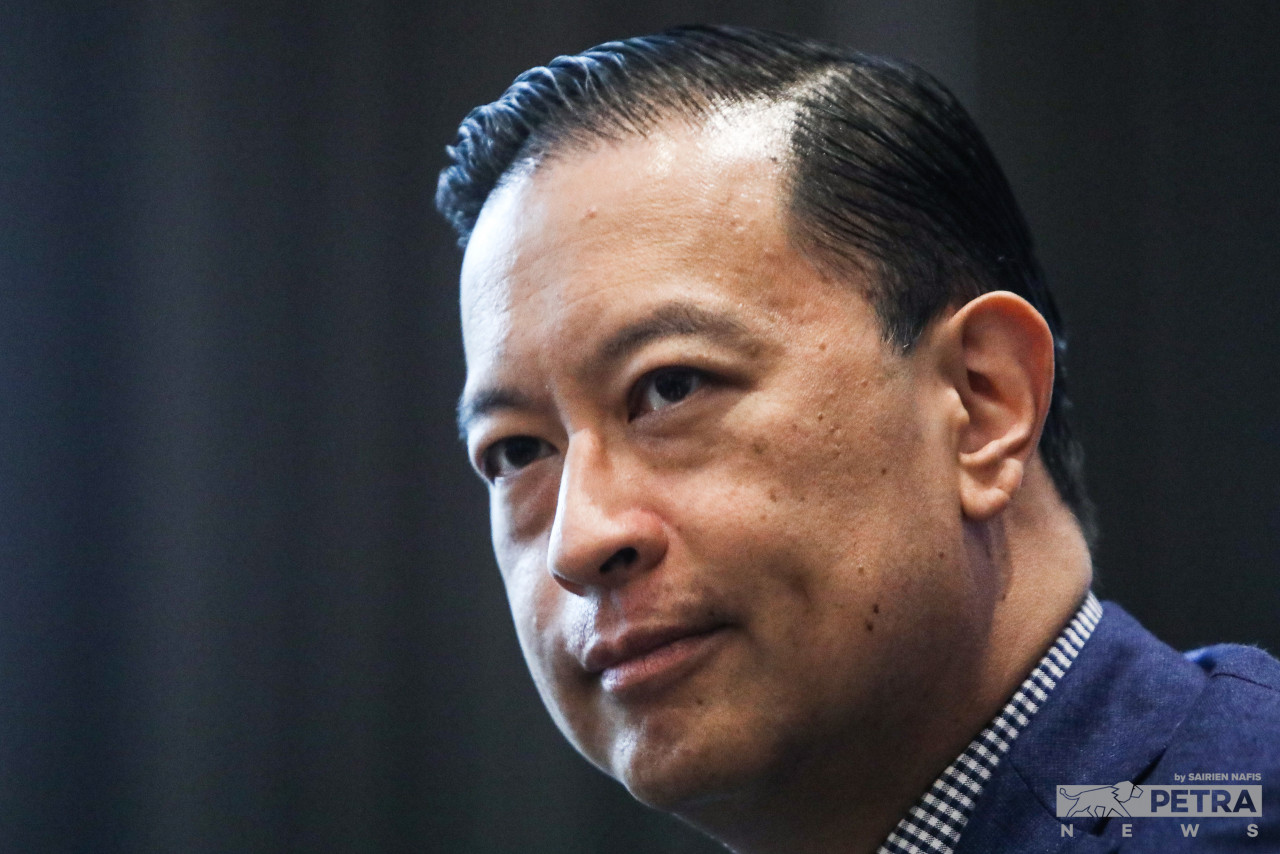
Turning the tide on Covid-19
Meanwhile, director of fintech and Islamic digital economy at MDEC Ruslena Ramli told The Vibes that the pandemic has brought about disruptive solutions.
“MDEC has seen successful digital solutions in support of helping people’s daily lives and livelihood. Hence, technology has turned the tide on the pandemic, and as MDEC (has) our people onboard into the digital space, we can realise the government’s digital ambitions,” said Ruslena, who moderated the session titled Solutions for the People by the People.
The session aimed to address the problem statements that have beleaguered the financial market for decades: financial inclusion and social finance.
Elaborating, Ruslena said that financial inclusion, or inclusive financing, means serving the financial needs of the unserved and underserved at affordable costs, while social finance or impact investing is an investment approach to solve social or environmental challenges while generating financial returns.
Global traction
Among the global traction obtained by Malaysian companies includes Global Psytech, which was founded by Haniza Yon, who has made inroads with banks in Qatar and the Pacific Islands.
“Her behaviour credit scores, and she has won awards locally and abroad,” said Ruslena.
Another company is Pewarisan, whose founder, Kamarul Nizam Mustapha Kamal Founder, caught the attention of Qatar Fintech Hub (QFC).
“So much so, Qatar Development Bank acquired a stake in the company via its successful entry into QFC’s Accelerator Programme. Its offer of shariah wealth management solutions based on faraid and e-hibah was also the first shariah solution to be launched in Nigeria.” – The Vibes, October 21, 2022



![[VIDEO] Favourable tax breaks crucial in attracting global tech investors to M’sia: Lord Vaizey](https://media.thevibes.com/images/uploads/covers/_large/12102022_-_Lord_Vaizey_-_SAIRIEN_NAFIS-05_main.JPG)
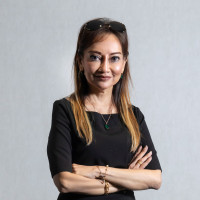
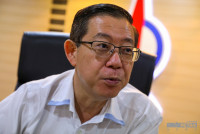

_and_Tropical_Charters_CEO_Datuk_Alexander_Isaac_(dressed_in_black)_ian_mcintyre_pic.jpg)


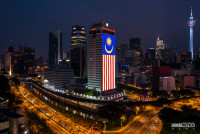
_with_chow_seated_beside_with_the_state_dap_leaders-Facebook_pic.jpg)

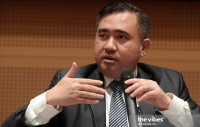




_president_Muhammad_Azlan_Abas-Najjua_Vibes_pic.PNG)

